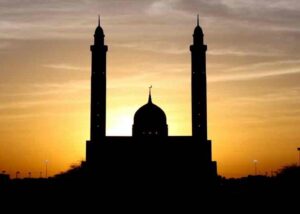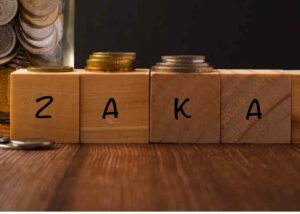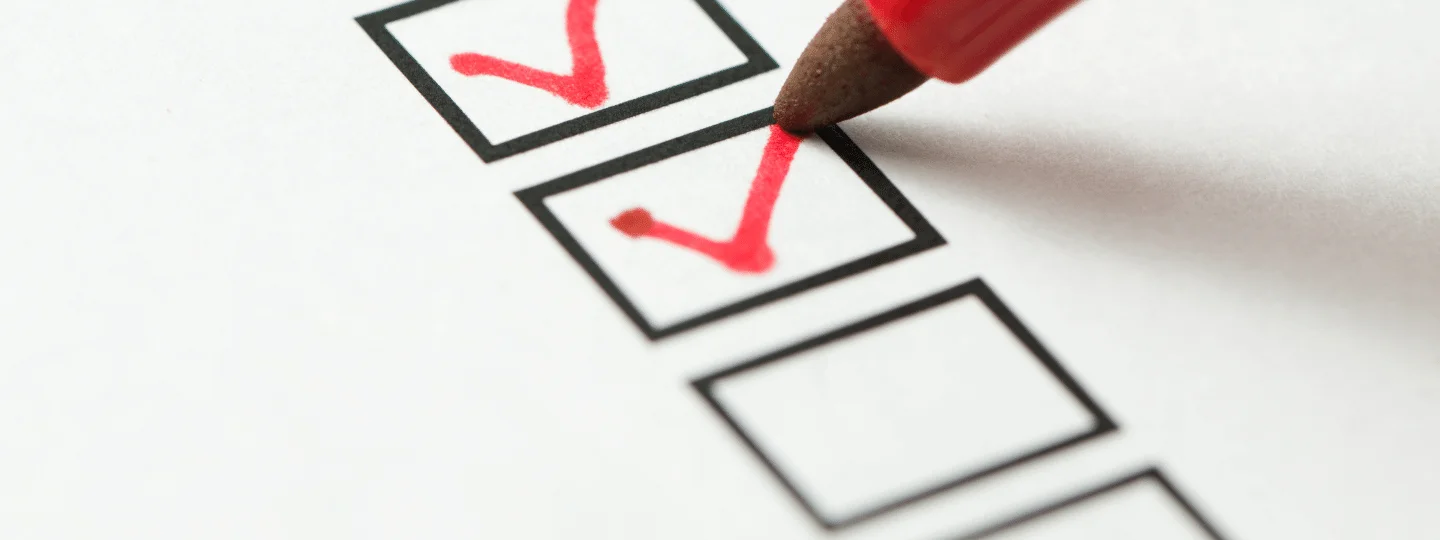Is it permitted to give Zakah to people who may have Nisaab but can’t physically access it like the Syrian refugees who have fled Syria and are living in the UK?
Quran
Hadith
Islamic Text
Yes, this is permitted.
When paying Zakah, you must make sure that the recipient does not have Nisaab, otherwise, the payment is invalid. It is important to study the Fiqh of Zakah comprehensively to get a better understanding of who eligible recipients of Zakah are.
When it comes to Zakah, a lot of people rely on hearsay or Q&A, and they think they understand it. You cannot understand the Fiqh of Zakat until you study an actual course, and it does not take long to comprehend the various aspects of it, but study is required.
If a person is completely cut off from his wealth, then such a person can take Zakah, even though he has Nisaab, since he cannot access it.
This is based on the fact that Allah (Most High) mentioned the eligibility of a traveller receiving Zakah, in Surah Towbah. The verse is explained by some Hanafi scholars as a situation in which a traveller is cut off from his wealth. So even though he may have Nisaab at home, he cannot get it sent to him or access it, therefore he is permitted to take Zakah. Similarly other people who are cut off from their wealth, and do not have accessible wealth equal to Nisaab can take Zakah.
إِنَّمَا ٱلصَّدَقَـٰتُ لِلْفُقَرَآءِ وَٱلْمَسَـٰكِينِ وَٱلْعَـٰمِلِينَ عَلَيْهَا وَٱلْمُؤَلَّفَةِ قُلُوبُهُمْ وَفِى ٱلرِّقَابِ وَٱلْغَـٰرِمِينَ وَفِى سَبِيلِ ٱللَّهِ وَٱبْنِ ٱلسَّبِيلِ ۖ فَرِيضَةًۭ مِّنَ ٱللَّهِ ۗ وَٱللَّهُ عَلِيمٌ حَكِيمٌۭ
Alms are only for the poor, the destitute, those employed to administer them, those whose hearts are to be reconciled, (freeing) slaves, those in debt, the path of Allah, and for travellers. An obligation from Allah. And Allah is All-Knowing, Wise. (Surah al-Towbah, 60).
Ibn Abideen mentioned that it is better for a person cut off from his wealth to borrow, rather than take Zakah. However taking Zakah remains permissible.
(قَوْلُهُ: وَابْنُ السَّبِيلِ) هُوَ الْمُسَافِرُ سُمِّيَ بِهِ لِلُزُومِهِ الطَّرِيقَ زَيْلَعِيٌّ (قَوْلُهُ: مَنْ لَهُ مَالٌ لَا مَعَهُ) أَيْ سَوَاءٌ كَانَ هُوَ فِي غَيْرِ وَطَنِهِ أَوْ فِي وَطَنِهِ وَلَهُ دُيُونٌ لَا يَقْدِرُ عَلَى أَخْذِهَا كَمَا فِي النَّهْرِ عَنْ النُّقَايَةِ لَكِنَّ الزَّيْلَعِيَّ جَعَلَ الثَّانِيَ مُلْحَقًا بِهِ حَيْثُ قَالَ: وَأُلْحِقَ بِهِ كُلُّ مَنْ هُوَ غَائِبٌ عَنْ مَالِهِ وَإِنْ كَانَ فِي بَلَدِهِ؛ لِأَنَّ الْحَاجَةَ هِيَ الْمُعْتَبَرَةُ وَقَدْ وُجِدَتْ؛ لِأَنَّهُ فَقِيرٌ يَدًا وَإِنْ كَانَ غَنِيًّا ظَاهِرًا. اهـ.
وَتَبِعَهُ فِي الدُّرَرِ وَالْفَتْحِ وَهُوَ ظَاهِرُ كَلَامِ الشَّارِحِ وَقَالَ فِي الْفَتْحِ أَيْضًا: وَلَا يَحِلُّ لَهُ أَيْ لِابْنِ السَّبِيلِ أَنْ يَأْخُذَ أَكْثَرَ مِنْ حَاجَتِهِ وَالْأَوْلَى لَهُ أَنْ يَسْتَقْرِضَ إنْ قَدَرَ وَلَا يَلْزَمُهُ ذَلِكَ لِجَوَازِ عَجْزِهِ عَنْ الْأَدَاءِ
(His words: Wa ibn al-Sabeel) refers to a traveller, he is called it (ibn al-Sabeel) because he spends a long time on the road, (as mentioned by) al-Zayla’i.
(His words: someone who has wealth but it is not with him) meaning, whether he is in his land or another land. (It also includes) someone who has money owed to him but he is unable to collect it, as mentioned in al-Nahr from al-Nuqayah.
But al-Zayla’i said the second one (the creditor who cannot collect) is connected to the first (and not part of its definition), he said, ‘And connected to it is everyone who is away from his wealth even if he is in his own land, since need is considered and indeed it is present, because he is poor in terms of what he possesses, even if he is wealthy in terms of assets.
And the authors of al-Durar and al-Fath followed him (al-Zayla’I, in this opinion), and it is the apparent meaning of the words of the commentator. And he also said in al-Fath, ‘And it is not permitted for him (Ibn al-Sabeel) to take more than his need. And it is preferable for him to borrow if he is able, but it is not obligatory (for him to borrow instead of taking Zakah) due to the possibility of him being unable to pay it back. (Radd al-Muhtaar).
And Allah (Most High) Knows Best.
– Answered by Shaykh Noorud-deen (25.01.2021)
See also:






